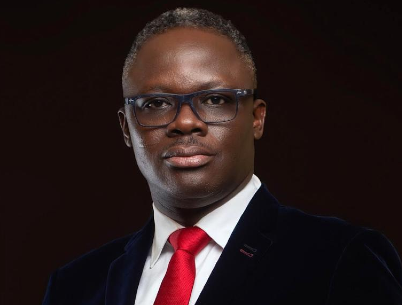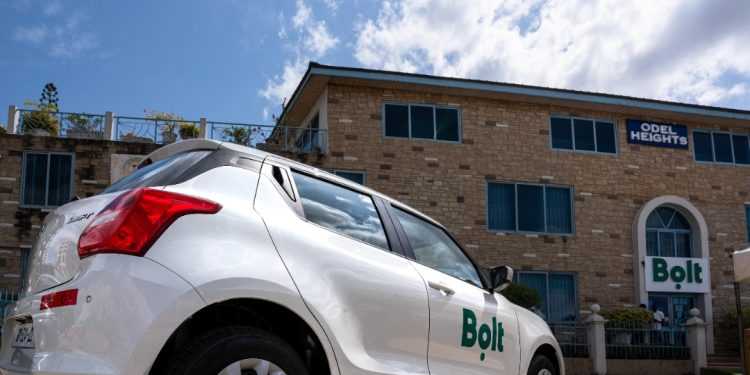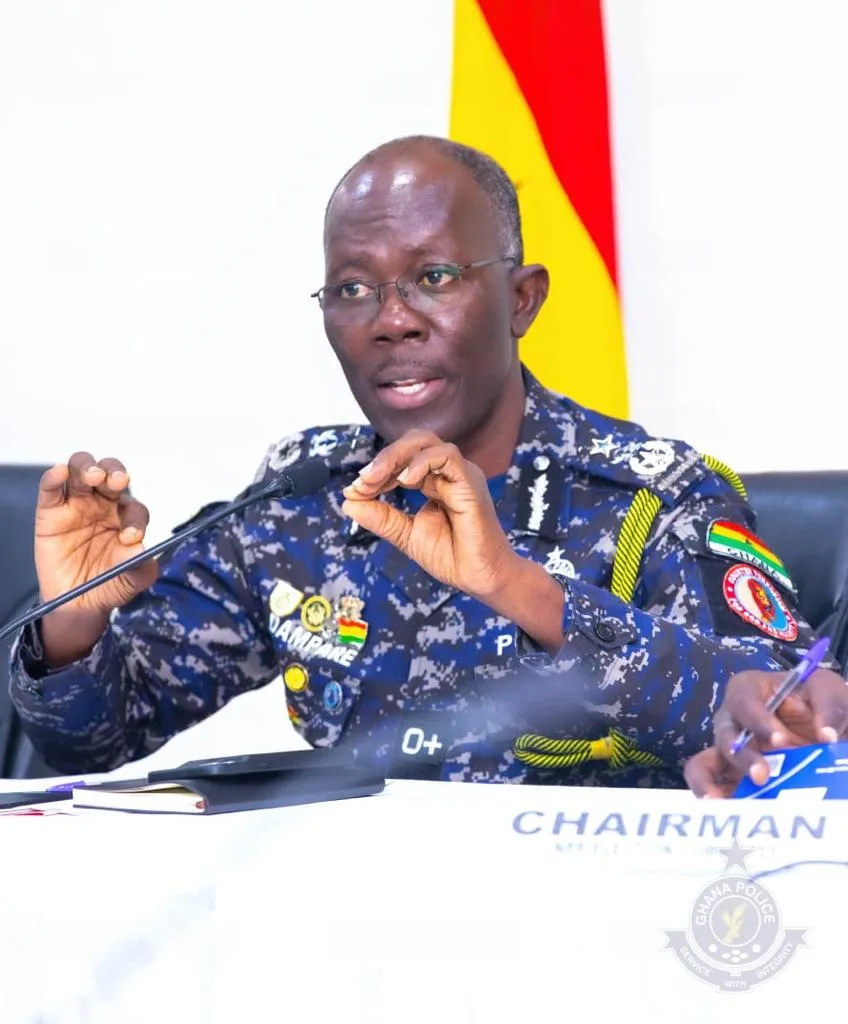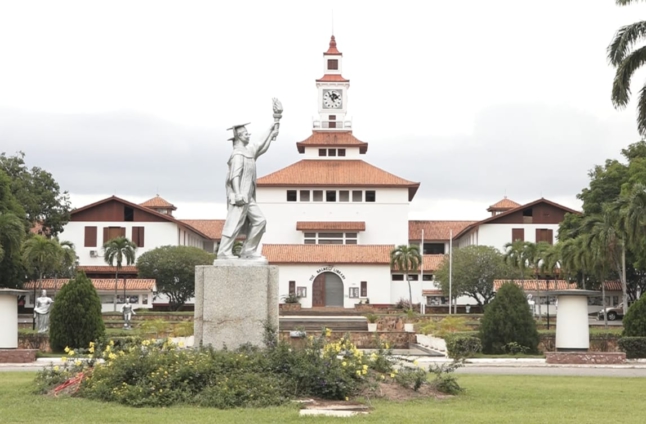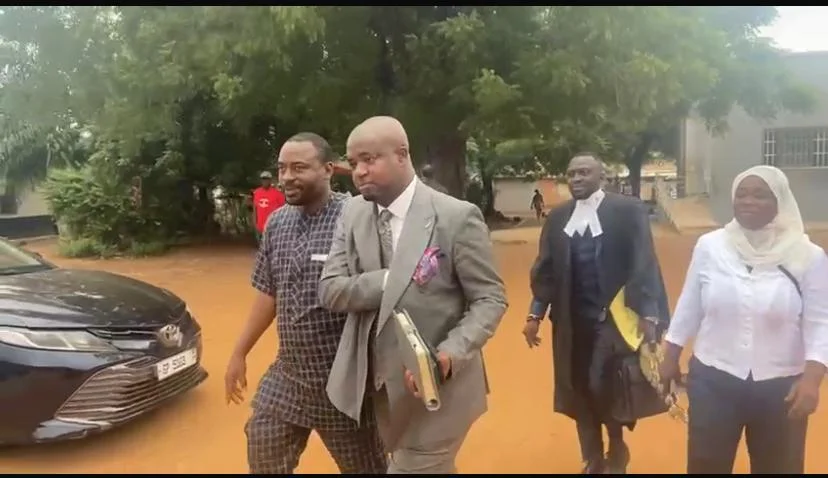JUSAG @50: ‘LEADing Justice’ must not merely be easy on the lips – Samson Lardy Anyenini
Renowned media lawyer and host of Newsfile, Samson Lardy Anyenini, has challenged the Judiciary to make Chief Justice Gertrude Araba Esaaba Sackey Torkornoo’s “LEADing Justice” vision a reality by yielding the “expectations of leadership in quality justice delivery.” He says “LEADing Justice”, a vision coined out of the acronym LEAD—representing Law, Ethics, Assets, Due Process, […]
JUSAG @50: ‘LEADing Justice’ must not merely be easy on the lips – Samson Lardy Anyenini Read More »

